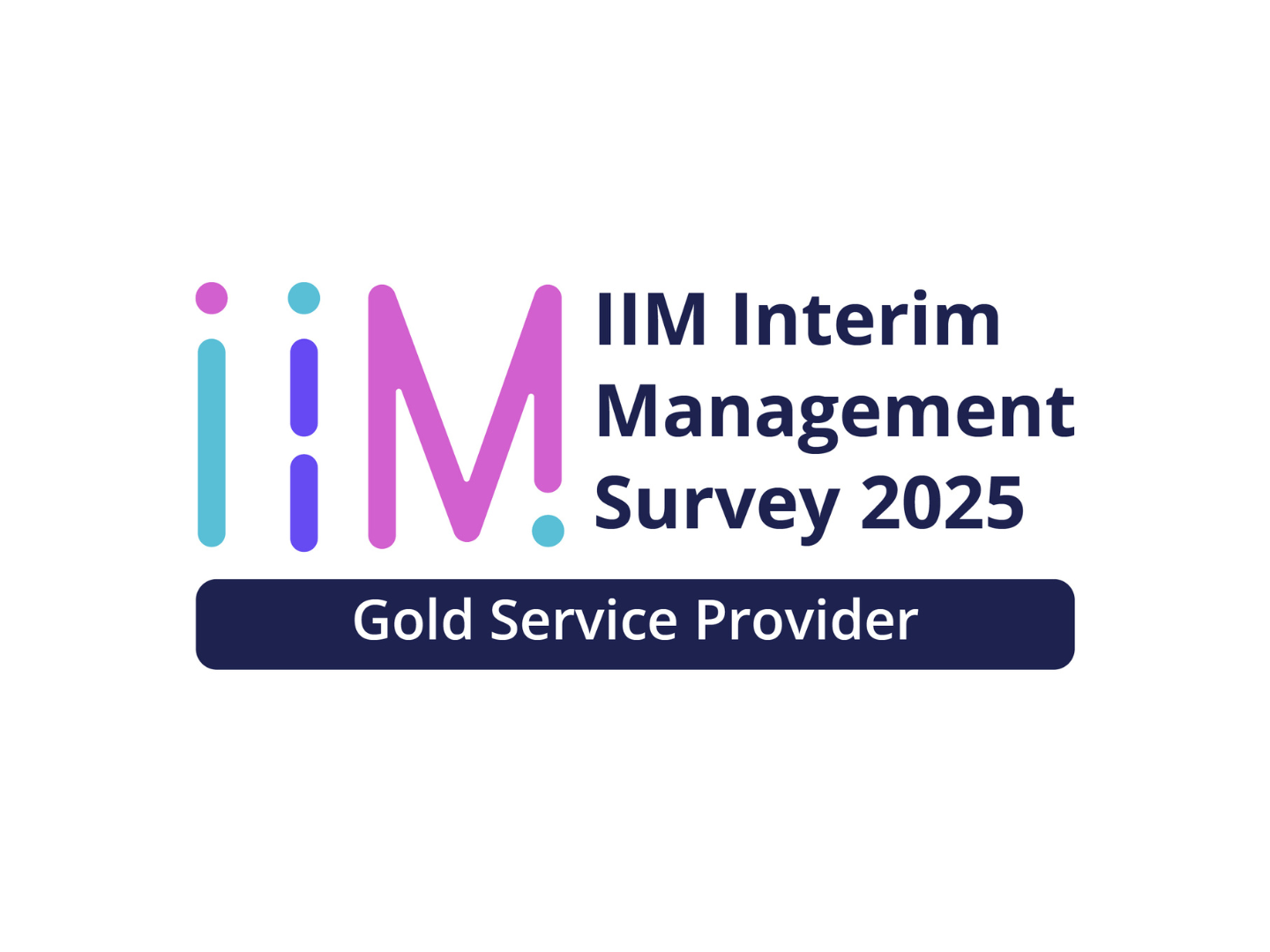A note to readers
These notes summarise recent discussions on Campbell Tickell’s WhatsApp group for Chief Executives of housing associations and ALMOs across all four UK jurisdictions and the Republic of Ireland. A full summary of discussions from the inception of the group is available on request.
This is a closed group, open only to CEOs in housing associations and ALMOs. It currently has around 220 members.
While discussions are confidential and unattributable, members of the group are keen for the content themes and issues to be shared widely to assist with broader understanding.
Please note:
The following digest highlights matters that have been discussed in the group. None of the content should be treated as representing the collective views of the group as such, or be attributed to any of its members. The group is an information-sharing forum and not a policy-making body.
Latest highlights, October-November
Rent cap
1. Members discussed the implications of the 7% rent cap. In general, the news was received with relief among members, who were worried about the financial implications of a lower cap. Members viewed the 7% cap as a reasonable balance between the investment needs of their organisations and the difficult financial positions their residents are in.
2. Members were particularly relieved that supported housing providers were excluded from the rent
Damp, Mould and Condensation (DMC) / Death of Awaab Ishak
3. Members expressed sadness at the death of Awaab Ishak.
4. There was discussion around DMC and members shared strategies for approaching this problem. Some of this included education as well as the use of technology to monitor humidity levels in homes. At the same time, there was acknowledgement that severe damp and mould is unlikely to be caused by lifestyle choices.
5. Members shared detailed DMC action plans/system change plans, policies and examples of good practice with each other. This was to encourage and facilitate best practice in this area and reduce potential harm to tenants. Members also discussed the formation of DMC KPIs and agreed to continue discussing and collaborating on this.
6. Some members shared frustration around lawyers and ‘claim farmers’ operating in in the area of DMC. It was suggested these cases slowed down repairs as tenants are advised to refuse access to their properties for repairs to be carried out. Some members shared that they needed to use court injunctions to gain access in these cases.
Media coverage
7. Members discussed negative media coverage and the potential this has to damage the reputation of not only individual HAs, but also the sector as a whole.
8. There was some genuine sadness at the way HAs have been portrayed in the press. As one member reflected: “we are no longer the good guys.” Some members spoke about the impact the negative coverage was having on staff morale and discussed strategies to try boost staff wellbeing, including highlighting good work.
9. There was a sense that HAs may need to take a different approach to mitigating negative media coverage. Members discussed whether HAs could be more proactive in engaging media, politicians/councillors and other stakeholders to better tell the story of the social housing sector, in order to mitigate the impact of negative stories. Others spoke about different ways to improve the sector’s reputation, for example by copying Dutch HAs who rebuilt their reputation from the grassroots after a significant scandal several years ago.
General / sharing of knowledge and good practice
10. The group continues to be a space that encourages and facilitates best practice between social housing providers. Members supported each other in various ways, for instance sharing data strategies, tips for encouraging response rates to customer surveys, as well as IDA preparation help. Members also shared tips on how to celebrate organisational anniversaries.
11. Members discussed paying tenants to participate in tenant engagement events and board positions. This has proved to be tricky since payment can impact a tenant’s benefits. Members particularly reflected how they had received conflicting advice from the DWP on this matter and discussed strategies to deal with this.
Staff pay and award
12. Members discussed support they were providing to staff to help with the cost-of-living crisis. This consisted of one-off payments of varying sums, as well as vouchers. Some members also gave the option for staff to sell leave back to the organisation.
13. Members discussed expected pay increases for staff. Levels varied, but most members said they were planning for increases within the 5-6% range.
The group is open to all housing CEOs who are not yet members.
To join, please contact james.tickell@campbelltickell.com or greg.campbell@campbelltickell.com
For any media enquiries, please email: alison.towle@campbelltickell.com



